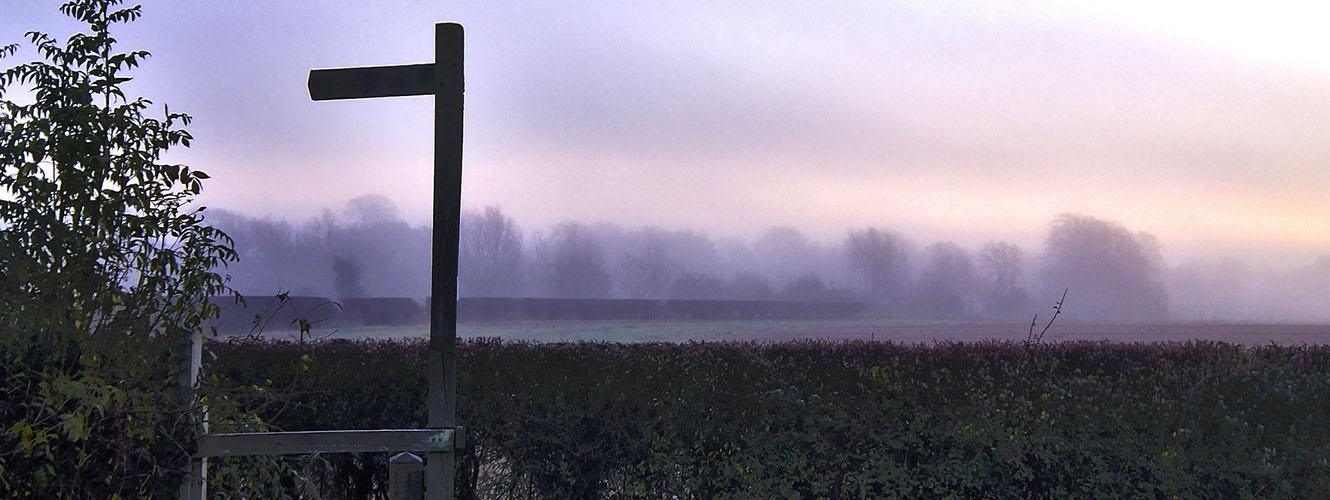
Farmers and landowners are being advised to protect themselves from unwanted public rights of way being created, as the Covid-19 pandemic results in an increasing number of walkers in the countryside. Our expert rural teams are urging landowners to protect their interests as the boom in walking during the lockdown period has resulted in more people trespassing. Even if landowners currently see no harm, not protecting their assets now may result in public rights of way being created and losing control of their land in the future.
Public footpaths and bridleways can be created by people walking or riding across otherwise private land for a long time, usually in excess of 20 years. Once a public right of way has been created, it can then become difficult to remove or alter the route of it, even when landowners are able to produce evidence that they have prevented people from using a path, for instance by challenging users or erecting signage. We recommend that landowners gain expert advice on ways to protect themselves, including making a ‘deposit’ under Section 31(6) of the Highways Act 1980. Although this measure does not necessarily mean that the owner is planning to stop public access, it does protect them against public rights of way being created over land through long-term usage.
Molly Dickson, Senior Surveyor in our Bedford team, said: “We have had an increasing number of landowners contact us during the pandemic about people walking on their land where there is not a public right of way. With leisure activities being restricted this has ultimately led to people developing new hobbies, a popular one being walking. But while farmers and landowners may currently see no harm in people walking across their land, this could result in a public right of way being created through long-term use. This can have a negative impact on property values and cause damage to crops and livestock, and access may be of particular concern if the landowner has aspirations for an alternative use of the land in the future.
Lodging a deposit under the Highways Act is one way for landowners to protect themselves, and although it doesn’t always mean that the owner is planning to stop public access, it is a way to protect themselves. It does not affect those rights of way already in place and accrued, but it does stop the clock on new ones being acquired. t is important that landowners seek the appropriate advice on how to lodge a deposit, including the application and renewals process, and other ways to help protect their assets.”
If you’re looking for expert advice on a range of property and land matters, get in touch with our teams or click here to find out more about the services we offer.





